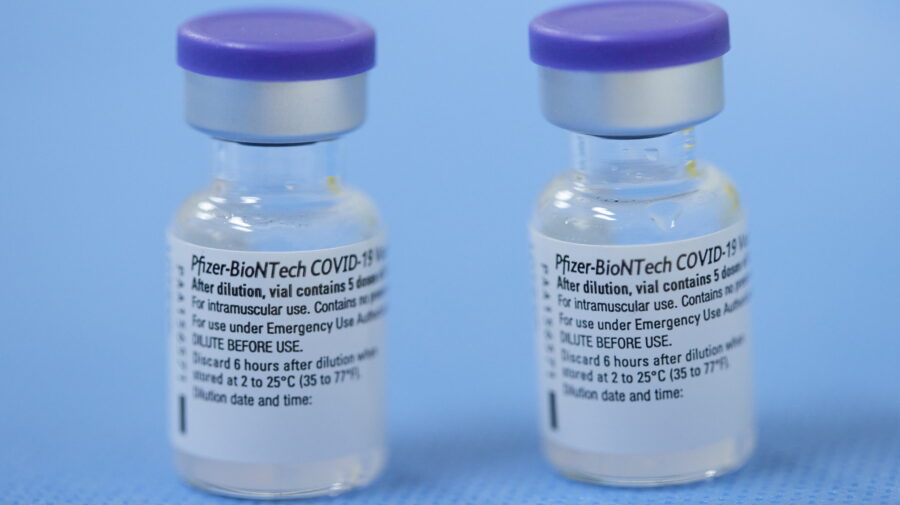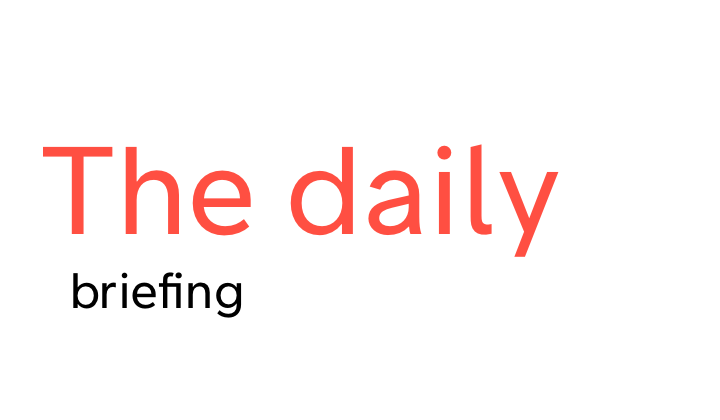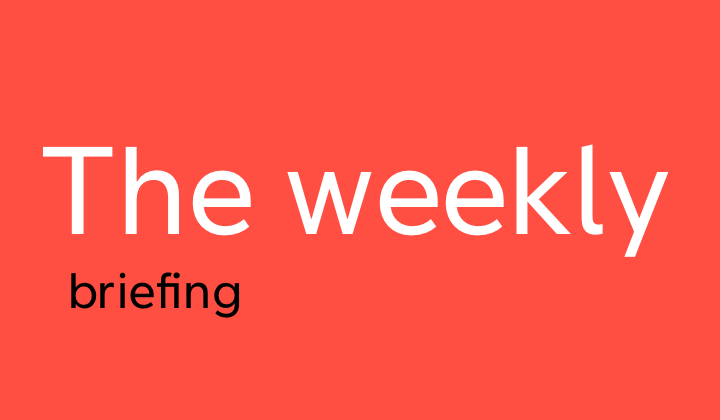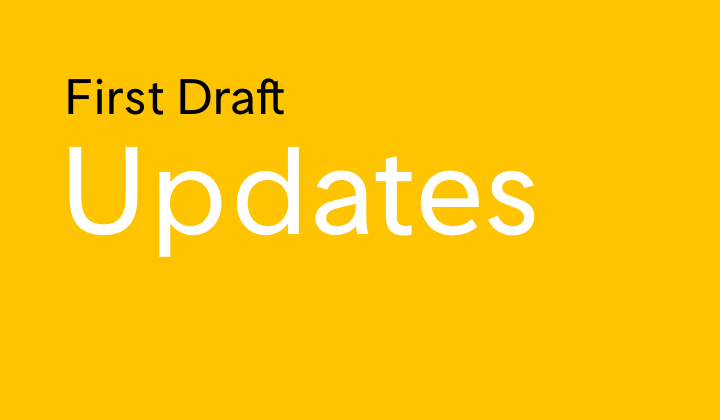Australia will begin offering Covid-19 vaccine booster shots to eligible members of its adult population on November 8. News that the country’s medicines regulator, the Therapeutic Goods Administration (TGA), had provisionally approved the Pfizer vaccine as a third dose was met with skepticism, misinformation and conspiracy theories online. Shared as posts and comments on Facebook, Instagram and Twitter accounts in Australia, these narratives had potential audiences in the hundreds of thousands in the past week.
Some social media users suggested the need for Covid-19 booster shots means previous vaccination efforts have failed. For example, on an Instagram post by the TGA, one commenter asked whether the approval of boosters means the TGA is admitting the two doses are ineffective. On Facebook, a Queensland-based nutritionist made the misleading claim that “the earlier shots haven’t truly worked.” On Facebook and Instagram, comments on articles posted by news organizations included similar questions and statements.
Conspiracy theories that Australian politicians, the TGA and US pharmaceutical companies are recommending booster shots for financial gain were common, including claims of “kickbacks,” “political bribes,” scams and profiteering. Some of these themes were also shared in cartoons and memes.
Many of the examples feed into a broader false narrative that Covid-19 vaccines don’t work or are unnecessary. The misleading claims were spreading on social media shortly after the government announcements, and it was clear there were data deficits regarding the recommendation for booster shots.
It would be helpful for media organizations and other communicators to pair news stories with explainers that address people’s potential questions and concerns around Covid-19 vaccines — in this case, why additional doses may be necessary. — Lucinda Beaman






